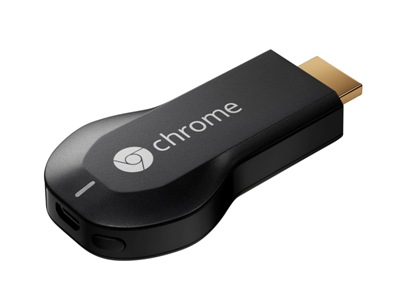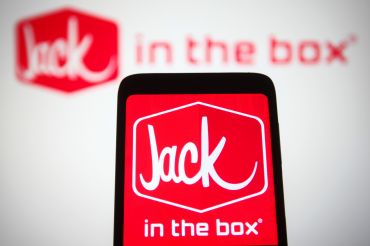Chromecast: Google Continues to Take Over an Existing Market
By Jotham Sederstrom August 12, 2013 1:00 pm
reprintsGoogle (GOOGL)’s Chromecast, a $35 gadget that enables users to access Internet content via broadband on their television sets, sold out 24 hours after going on sale last month. In a week full of news about cable companies, Comcast and profitability, Jim Barthold, technology journalist and editor of FierceIPTV, gives his thoughts on the device.
 Wired City: You found the release of the device interestingly timed, right?
Wired City: You found the release of the device interestingly timed, right?
Mr. Barthold: Google introduced Chromecast at about the same time the Federal Communications Commission issued a report that said—incorrectly, I believe—that there’s plenty of TV competition in the U.S. To me, Chromecast is a lot like Google Fiber.
Tell me more about the similarities you’ve drawn between their strategy with this product and their Google Fiber initiative.
What Chromecast does is enflame public demand for a cheap way to [connect] the Internet to the TV without an engineering degree. Again, I’m not sure Google wants to be in the hardware business doing this themselves and I’m not sure they want to be in the pay TV business. Almost every connected consumer electronics device—including the HDTVs into which Chromecast will be plugged—offers some package of Internet connectivity these days.
Is it an innovative device?
Chromecast is nothing really new. You already have this kind of connectivity in Blu-ray players and some TVs and even in some cable boxes. Chromecast’s early success will probably be because it’s cheap. It costs more than $100 for a good Blu-ray player; most other connected devices like Apple (AAPL) TV and Roku come with near three-digit price tags, and TVs are, well, expensive. Chromecast comes in with a [$35] sticker price and, if it does what it says, gives people a lot for that money.
Do you expect it to have any impact on broadband providers?
I’m still not certain that Google is going to invest billions upon billions of dollars to put high-bandwidth fiber into every conceivable U.S. market. On the other hand, by using selective markets, Google is able to get the point across that this type of ultra-high-speed service is possible, whet the public appetite for what it can do, push the incumbent broadband operators to step up to the bar and make their own offers.
What do you expect to come of this as an end result, for both Google and other service providers?
They do want their brand and their advertising in front of people and they do like the attention. I think the pay TV guys would be crazy to not just step up and make this kind of Internet-TV connectivity a part of any video package they offer. It’s easy enough to do. And instead of [customers] having to buy a separate little Chromecast device, a cable or IPTV or even satellite provider could [make it possible for consumers to] just point and click on a screen icon and go off to Netflix (NFLX) and YouTube or even just to Google Chrome for searching the Internet on the TV. The incumbent operators can probably deliver gigabit broadband speeds but they don’t have to if they’re not pushed. Google comes in and pushes, and they [have to] match.
Think this is a game changer?
I don’t think it’s more likely than any other factor today to cause people to snip their wire line pay-TV connections, but it should cause some non-geek types to step into the connected space and start to see what’s there. Chromecast might make it cheap enough and easy enough for people to actually give second thoughts to what they get from pay TV services. And that could be the biggest threat of all.


